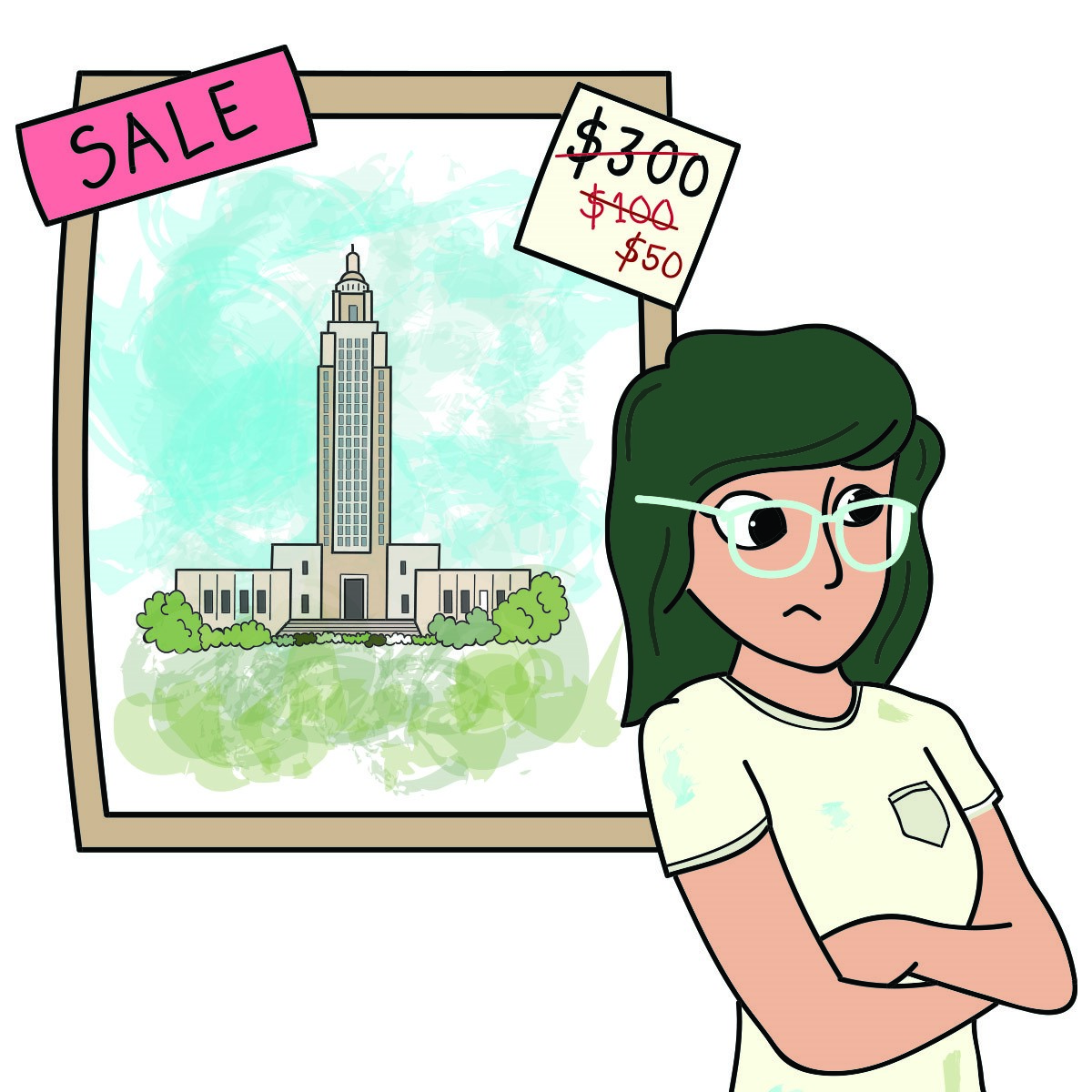In a capitalist society, few things are cheap. Supplies for art, whether they be paint and brushes or editing software, are expensive and rarely a one-time cost. Thus, artists need support from their consumers — more than just appreciation and exposure, but money.
For this argument, I’m avoiding the high-profile “entertainment industry,” and sticking to small-time documentary filmmakers and online artists.
Many consumers claim exposure is pay enough for smaller artists. Writers are told to be thankful for their bylines and others are made to feel ashamed they want people to acknowledge their work with pay.
Artists often open themselves up in their artwork. They put time, effort and parts of themselves into their work as well. An artist’s personal connection to their art can often lead them to accept the idea that attention and praise from consumers is compensation enough. It takes serious confidence in one’s own intellectual property to want anything more.
Even though my intention is not to focus on the mainstream entertainment industry, we can look at examples of exploited singers and musicians like Nina Simone and TLC who are some of the many talented artists who have been ripped off by their handlers.
“Trust me, you can sell 10 million albums and be broke if you have greedy people behind you,” said Lisa “Left Eye” Lopes, a member of TLC, at a press conference in the late ‘90s.
These stars received fame and recognition, and most would agree they were cheated out of their fair share of profits. Yet the argument that more obscure artists who receive much less money than famous artists should be happy with fame and recognition alone is one most consumers make.
If artists are forced to work other jobs to support themselves, the art becomes viewed as a hobby, secondary to their other jobs. But unlike most hobbies, artists’ art is enjoyed by viewers and partakers. If the artist is fine receiving little to no compensation, then fine. But why in a capitalist society do we expect anything to be free?
Art in all forms, including intellectual property by online influencers, small theater troupes and indie musicians should be paid for. If you’re listening to an artist’s album on Bandcamp, donate a few dollars to support them. One payment means a lot more to most artists than dozens of plays.
Without payment, there is no incentive to create art, and with no incentive, less art will be made. The purist argument that art is simply about the art and not about the money is beautiful, but artists still need to support themselves.
In a Branch conversation, Molly Crabapple, an artist and journalist, wrote: “We’re beings with finite time who tire and have kids and get sick and die, and need money to sustain life. It costs nothing to reproduce a song. But the artist who made that song still has to live.”
A person tithes because they believe in the institution, and as partaking in a free service that is mainly spiritual and emotional, one pays to enjoy that experience in much the same way one would enjoy art.
There are numerous comparisons between religion and art — the two often overlap. I’m not saying give a set percentage of your income to an arts fund every month, but maybe make sure to pay a small portion of what you can afford to artists and artistic institutions you enjoy and value.
Patreon is an internet-based platform that allows all sorts of content creators to run their own subscription services. The website gives artists a base to be supported by consumers in a context that ensures the artist can still afford to create for those who enjoy their work.
There are much better ways to appreciate an artist’s work than vocal support, and consumers of all types of art should make efforts to ensure the artist themselves are supported and recognized for their work through financial means.
Ryan Thaxton is a 20-year-old mass communication sophomore from Monroe, Louisiana.
Opinion: Consumers should pay for all forms of art
By Ryan Thaxton
March 15, 2017
pay for art





